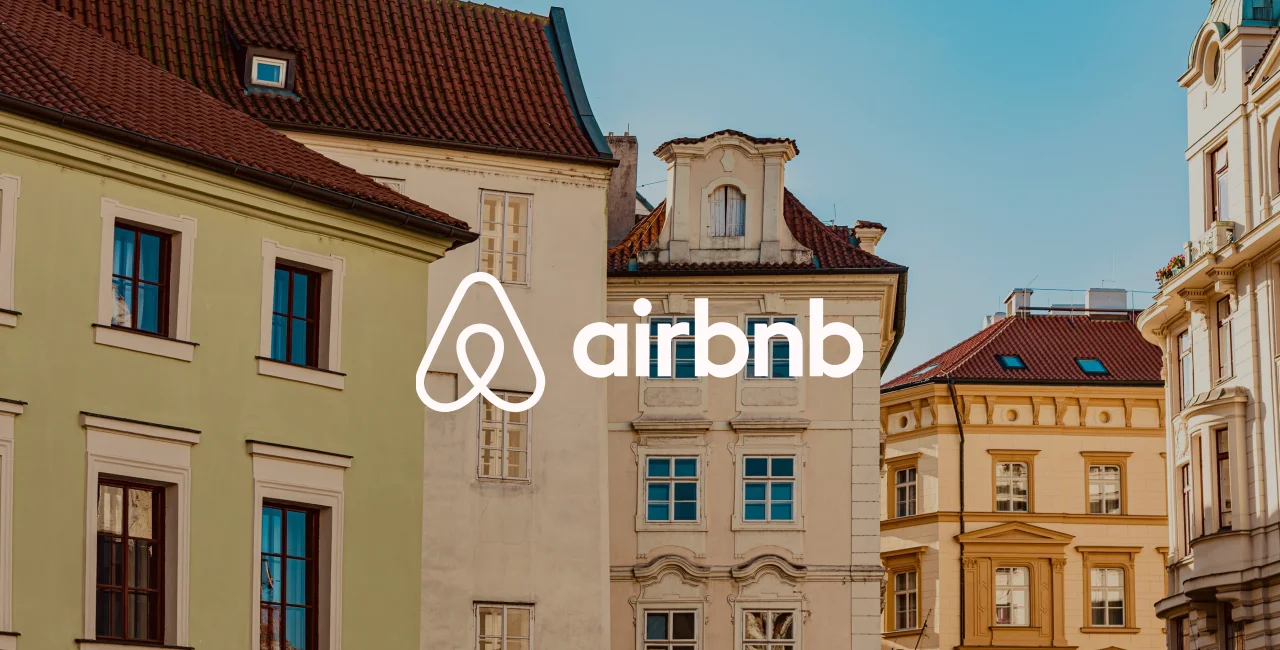The Czech government has approved a new draft bill on doing business in the tourism industry, which would allow municipalities and cities to limit short-term accommodation via online platforms like Airbnb and Booking.
The amendment to the current law, which the Chamber of Deputies and Senate still need to approve, will give local authorities the power to determine the maximum number of days and square meters per person for short-term rentals in apartment buildings.
PARTNER ARTICLE
Combating high prices and low supply
Terezie Radoměřská, Mayor of Prague 1, supports the regulation, citing the negative impact short-term rentals have on the housing market, such as increased real estate prices and displacement of long-term residents. She believes that while this trend cannot be avoided, it must be controlled to ensure the well-being of residents in the city center.
According to Silvia Doušová, director of the Department of Tourism at the Ministry of Regional Development, this form of regulation is already in place in other European capitals such as Barcelona, Vienna, and Amsterdam. She too believes it will help address the issue of short-term rentals limiting the supply of apartments for long-term residents.
However, Jiří Krejčí, vice-chairman of the Czech Association of Private Landlords and Accommodation Providers, argues that it goes beyond what is necessary and may infringe on people's rights to manage their property. He believes that enforcing existing laws with better data collection would be more effective.
What should happen to Airbnb in Prague?
A more regulated system
The amendment to the law will also introduce the e-Turista electronic system, where accommodation providers will have to register and obtain a unique number to be displayed on all listings. This will allow the Ministry of Regional Development to have a better overview of short-term rentals and collect the necessary fees and taxes. The system will launch in trial mode next year and is expected to be fully operational by July 2025.
The e-Turista system is also expected to aid smaller municipalities in collecting accommodation fees. Mayor Martin Jandura of Špindlerův Mlýn estimates that the city could collect up to CZK 50 million, triple its current revenue, with the help of this system.
Last year, municipalities in the Czech Republic collected CZK 1.46 billion in stay fees paid by tourists, a 34 percent increase from 2020 and double the amount collected in 2019 before the pandemic. With the new regulation, the Ministry of Regional Development expects an increase in income from these fees and income tax, which will help fund local communities and address the shortage of long-term housing.
A long-term battle between the capital and booking platforms
In Prague, the number of short-term rental apartments has increased since the pandemic, but it is still lower than before. According to the Institute of Planning and Development (IPR), the offer is highly concentrated in the historic center, with landlords owning multiple apartments making up 80 percent of the total listings. As recently as last April, there were roughly 8,000 apartments for short-term accommodation in Prague.
A legal case from last year saw a significant ruling: a Prague district court prevented a building owner from letting out rooms on a short-term basis on accommodation provider Airbnb due to noise and disturbance complaints from other residents in the building. The apartment owner did not have the necessary legal grounds to sublet his apartment to other guests.
A study conducted by IPR also revealed that the main challenge in regulating short-term rentals is the lack of data from companies like Airbnb. The company has refused to provide data to the city, hindering the enforcement of laws. The city is currently working with data from the Inside Airbnb website and pushing for more transparency from companies in the short-term rental market.












 Reading time: 3 minutes
Reading time: 3 minutes 




























